
OR
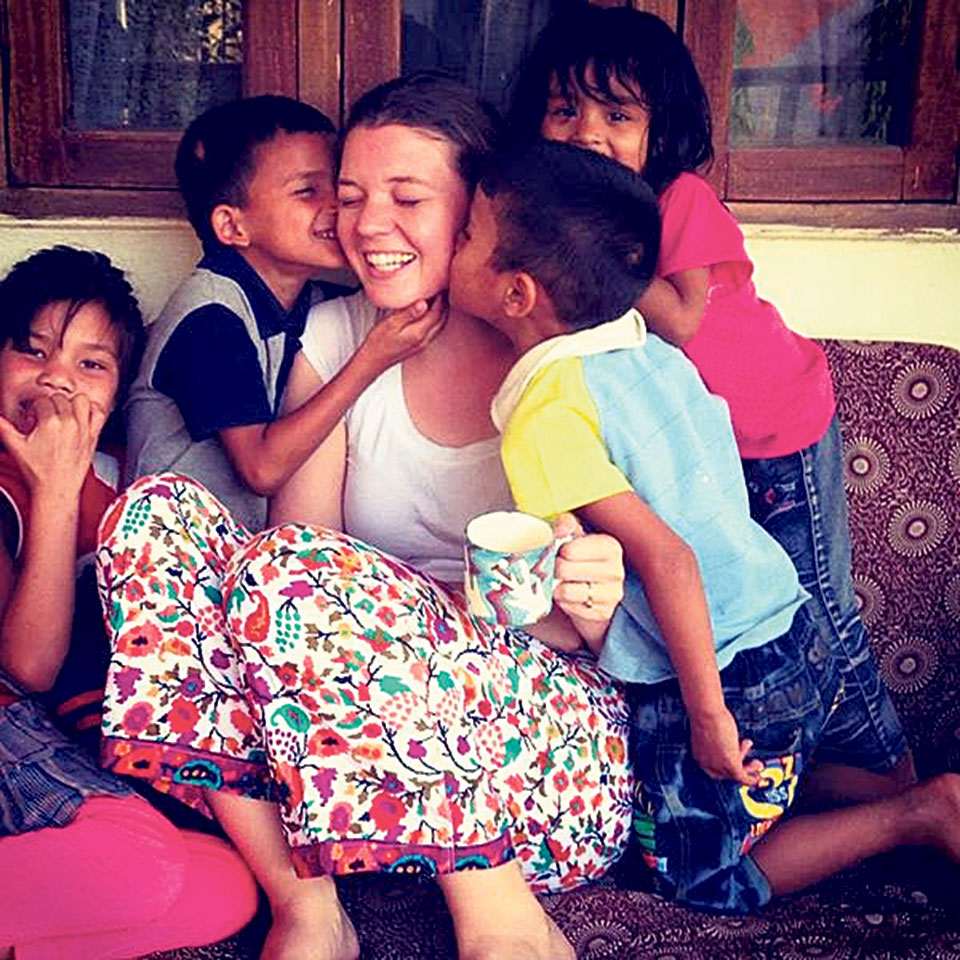
“I saw a need and I acted on it.”
19 is an age of uncertainty, of college decisions and life choices and everything else that perhaps shouldn’t be ladled on the shoulders of someone so young. It was the same for Margaret Doyne or Maggie. At 19, she was all set for a high-ranking college, dreaming of a six-figure salary and a bright future ahead of her. One day, however, she woke up with the realization that she didn’t want to do any of this, and that she wanted to get away. That was when she decided to take a gap year, to see a little of the world, and to find a purpose in life.
So when her friends were taking flights to their colleges, she flew in the opposite direction, with the US $5000 she had saved from hours of babysitting. She started off in the Pacific Islands and participated in volunteer and conservation works, eventually landing an internship in the Northeast of India on a project that focused on children.
‘I started babysitting at a young age which is probably what led me to the work I do today. I always loved children and babysitting taught me how to deal with them, and interact with them in a way they would open up,” she explains adding that it was in the Northeast of India that she came across a Nepali refugee community, all of whom had fled their homeland because of a 13 year long civil war that had rendered their country unsafe. In 2006 however, after the armistice, the Nepali border opened up and, fuelled by her curiosity, she decided to venture in, with her friend Sunita who incidentally was also a Nepali refugee.
After a fair bit of traveling, Maggie eventually ended up in Surkhet, in the far west of Nepal, also one of the worst inflicted regions in the country during the civil war. It was here that she met Hima, a seven-year-old girl who would then go on to change Maggie’s life forever. Hima was barely out of infancy but was forced to break stones by a dry riverbed through the hours of daylight with many children her age, younger and older, for a meager pay of Rs 100. All throughout she maintained such compassion and positivity that it was astounding how someone so young and facing such circumstances could exude such joy and warmth.
“She greeted me everyday. “Namaste didi,” she said. Her kindness stopped me in my tracks and made me think about my childhood in America, and how it was so different from hers. I wondered how her life would improve with access to education. I thought maybe I couldn’t help every child, but what if I started with one,” says Maggie. And so she funded Hima’s education, bought her a set of uniform, some stationery, and paid the admission fees at school. Soon enough Hima had left behind the life of a laborer and was dreaming of the possibilities that would now open up for her.
What set out as a desire to help one child eventually spread to include more. As time went by, Maggie began hearing about more children through word of mouth. People would tell her about other children who needed help. So she thought to herself, “I helped one, so why not 5? Why not 10? Why not 15?”
Along with education, most of the children needed the most basic things – food, shelter, and clothing. That’s when her friend and later cofounder of her organization, Tope Bahadur Malla, and she decided to open the Kopila Valley Children’s Home. Tope, she narrates, was orphaned at a young age so he understood the importance of this work. Two years after they built the children’s home, they also opened the Kopila Valley School. Today, they have more than 50 children at the home and around 400 students at the school. In addition to the home and the school, they also have a women’s center, a girl’s safe house, and a health clinic. And they are currently in the process of building a new sustainable and green campus that will open early next year.
Growing up as a typical suburban girl in New Jersey, Maggie had college and career plastered all over her face, or so she says. She had great education and extra curricular activities that she was passionate about. So it came to her as a huge shock, when she first-hand witnessed that Nepali kids were deprived of all things that she considered to be basic. And because of her empathic nature, she couldn’t help but feel for the children. Fast forward a decade, Maggie has legal parental rights of over 50 children, all of whom are growing and prospering with the education Maggie is adamant on providing them.
The BlinkNow foundation that overarches Kopila Valley and other such projects derives its name from acting in the moment. “If you want to see change, act in the blink of an eye. Else it will never happen,” Maggie explains. The local Surkhet community has been instrumental in the development of Kopila Valley. From day one, they have given Maggie all the support she required. Volunteers flock the organization at all times of the year to aid with the work. Within the organization, BlinkNow has a team of educators, home caregivers, dedicated teachers, directors, and aunties and uncles who make all the work possible.
Maggie wishes for the work at Kopila Valley to have ripple effects that inspire others to start projects that will benefit our communities, and specifically our worlds’ children. Her efforts were recognized when she won the CNN Hero of Year in 2015. But Maggie’s journey doesn’t end there. There is a lot that is yet to be done and so much more to be accomplished, she says.
“I want to thank everyone for working together with me, believing in our work and uniting for the betterment of Nepal’s amazing children. Together, we are working for the future of Nepal, believing in the good and beauty of this wonderful nation,” she concludes.
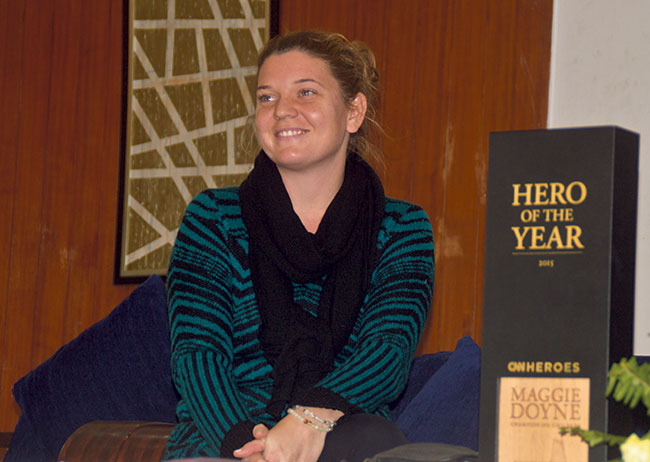
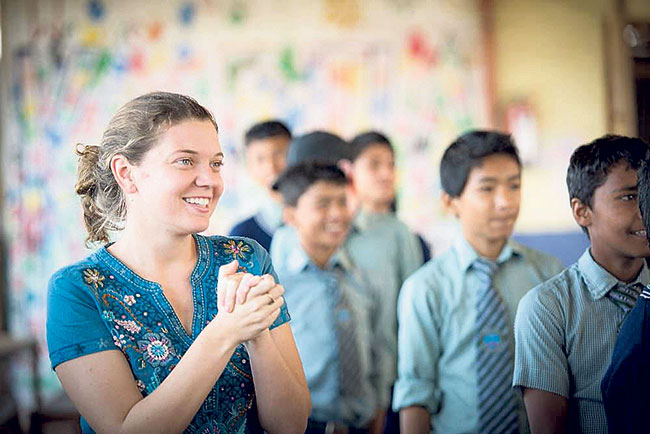
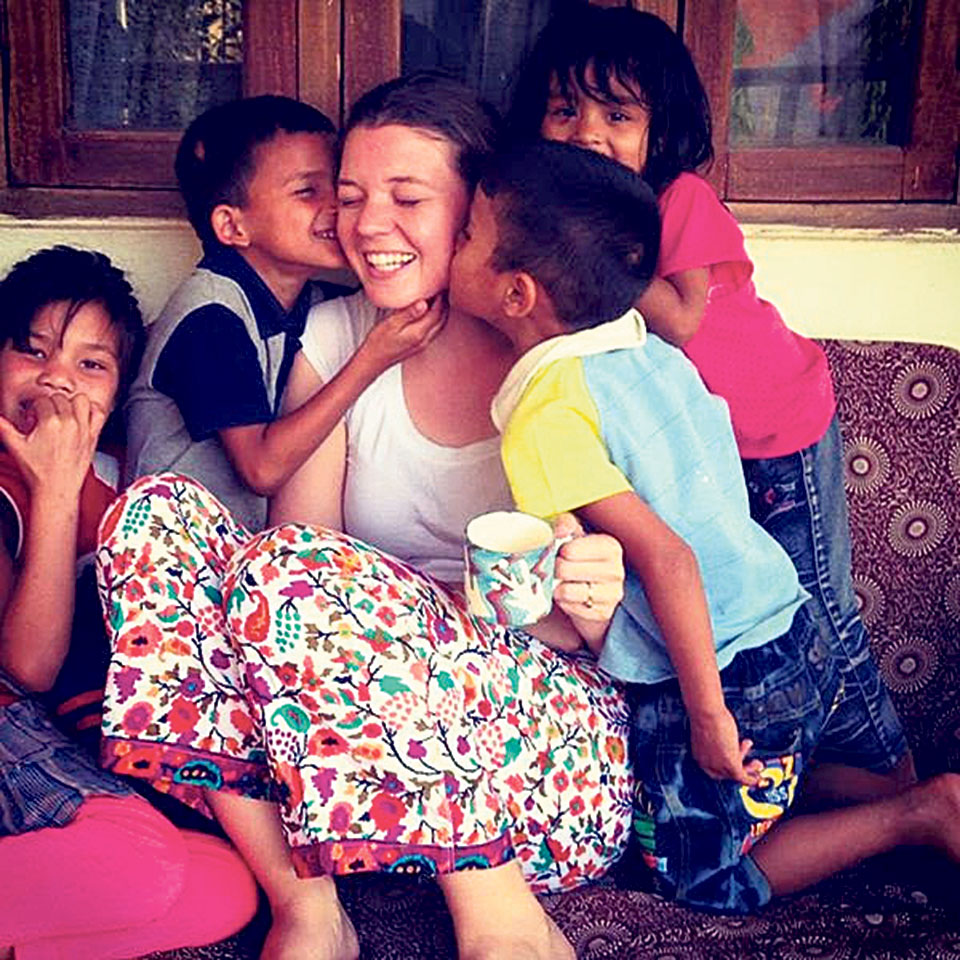
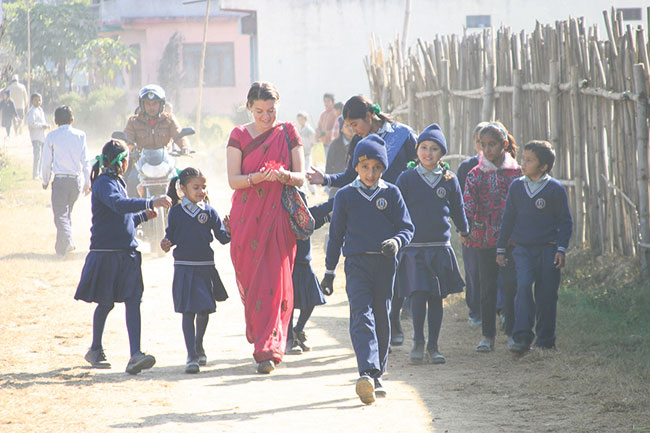
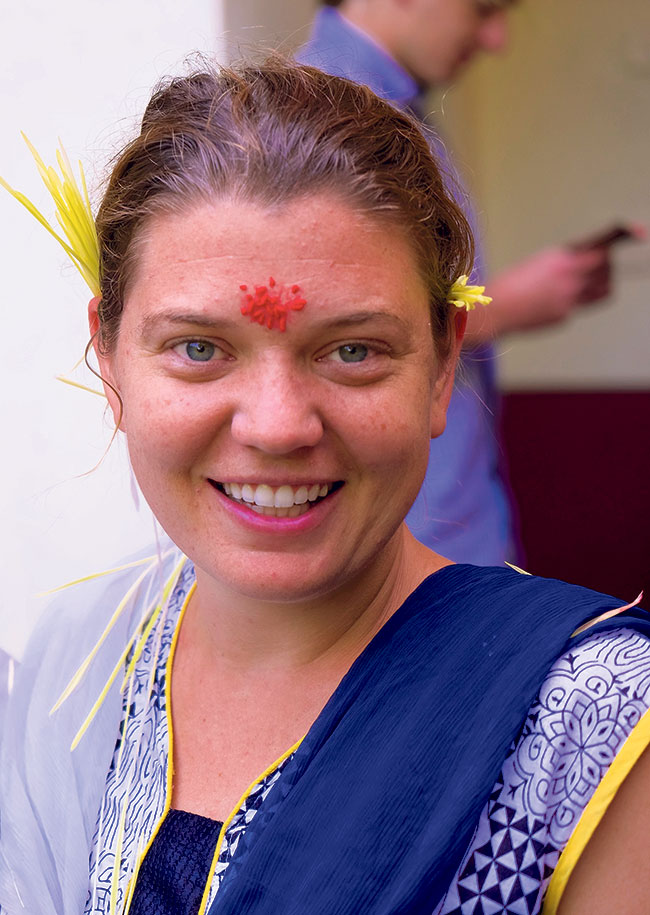
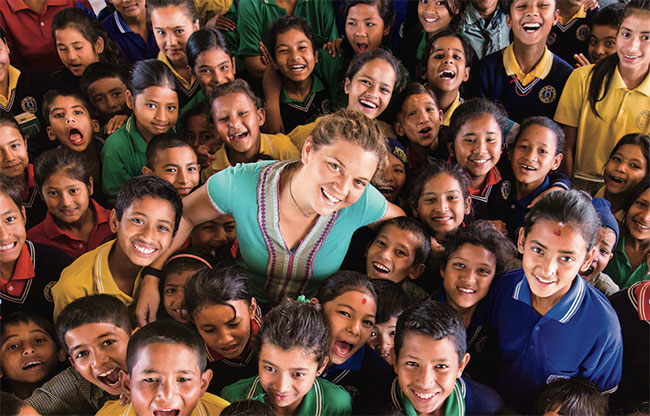
You May Like This

CPN-M cadres burn two trucks in Surkhet
KATHMANDU, Jan 20: Cadres of the Communist Party of Nepal-Maoist (CPN-M) on Saturday burned down two trucks in Surkhet for... Read More...
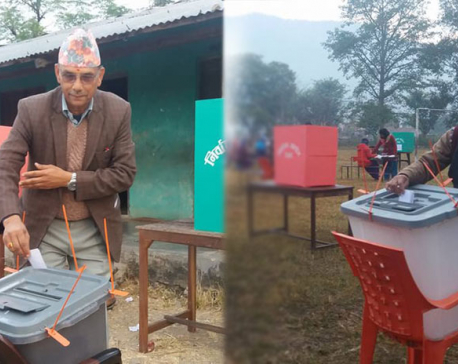
All candidates from Surkhet cast their votes
SURKHET Dec 7: All candidates of House of Representatives and Provincial Assembly from Nepali Congress and Left alliance cast their... Read More...

Potholes make traveling in East-West Highway riskier
KOHALPUR, Aug 30: Continuous rainfall in Western Nepal since the past few weeks have caused several potholes in the East West... Read More...







Just In
- NRB to provide collateral-free loans to foreign employment seekers
- NEB to publish Grade 12 results next week
- Body handover begins; Relatives remain dissatisfied with insurance, compensation amount
- NC defers its plan to join Koshi govt
- NRB to review microfinance loan interest rate
- 134 dead in floods and landslides since onset of monsoon this year
- Mahakali Irrigation Project sees only 22 percent physical progress in 18 years
- Singapore now holds world's most powerful passport; Nepal stays at 98th











Leave A Comment